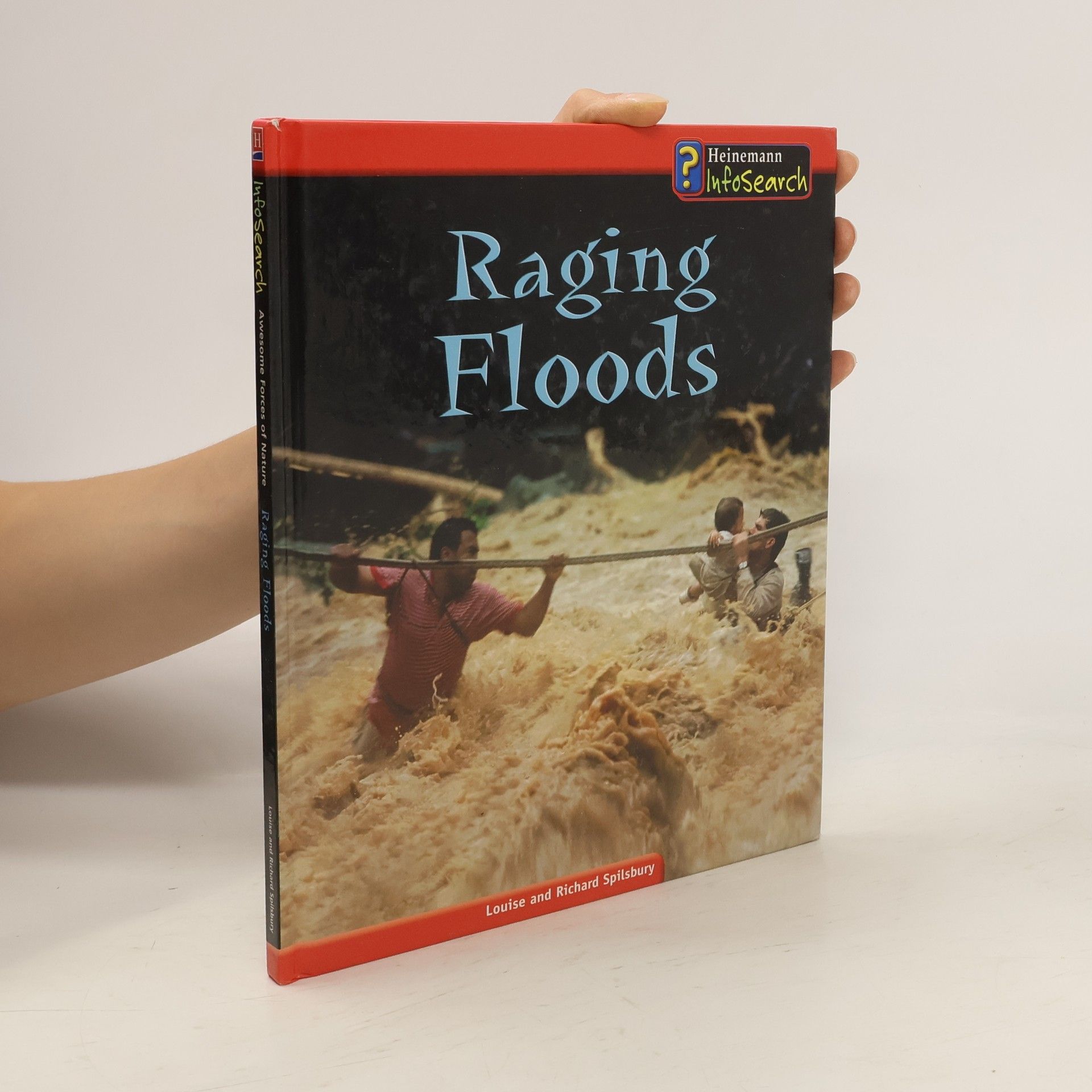White Wolves are engaging books that children want to pick up, at a range of different reading levels. Eighteen exciting new titles reflect the range of non-fiction texts children will come across in the real world, from guidebooks to cookbooks. They are ideal for topic libraries, and for teaching literacy skills in a curriculum context.
Richard Spilsbury Bücher






Oxford Read and Discover 6: Cells and Microbes
- 56 Seiten
- 2 Lesestunden
This exciting new series of non-fiction readers provides interesting and educational content, with activities and project work. The readers are graded at four levels, from 3 to 6, suitable for students from age 8 and older.
Emotions: From Birth to Old Age
- 64 Seiten
- 3 Lesestunden
Looks at how emotional reactions change during each stage of life, from birth to old age.
Raging Floods
- 32 Seiten
- 2 Lesestunden
Explores a wide range of destructive natural events and phenomena.
Managing Water
- 56 Seiten
- 2 Lesestunden
How much freshwater is there on Earth? Can science help us use water more efficiently? The 'Why Science Matters' series demonstrates how the science we learn at school is important in every aspect of our everyday lives. Using case studies and investigations, the series describes the development of science and technologies that can improve our lives - or lead to new scientific challenges and controversies. In 'Managing and Using Water', we find out about the most vital resource on Earth and how it shapes our landscape. We learn the importance of water as a solvent, how the power of flowing water can be harnessed to provide us with energy, how drinking water is cleaned and sewage treated, and new technologies to combat water shortages around the world.
Exploring the unique ecosystems of deserts, this book utilizes flowcharts to present information about these harsh environments that encompass one-fifth of Earth's land. It provides insights into the challenges and characteristics of desert ecosystems, making complex concepts accessible and engaging for readers.
Investigating Magnetism
- 32 Seiten
- 2 Lesestunden
Budding scientists will engage in hands-on investigations to explore the properties of magnetism. The book focuses on how magnetic force is influenced by factors such as distance, strength, and size, encouraging critical thinking and experimentation.
Focusing on innovative car designs from 1900 onwards, this book explores iconic models like the Mini Cooper and the Mercedes 300SL with gull-wing doors. It delves into the driving needs that inspired these designs, highlights groundbreaking designers, and examines the technological advancements that enabled their creation. Through a historical lens, readers will appreciate the evolution of automotive design and the creative minds behind these remarkable vehicles.
Investigating Electricity
- 32 Seiten
- 2 Lesestunden
Engaging young minds, this book encourages budding scientists to delve into the world of electricity through hands-on investigations. It focuses on exploring how electricity can be produced, conducted, and converted, fostering a practical understanding of its properties. Through interactive activities, readers will develop critical thinking skills and a deeper appreciation for energy in their everyday lives.
Investigating Heat
- 32 Seiten
- 2 Lesestunden
Engaging young minds, this book encourages budding scientists to explore the properties of heat through hands-on investigations. Readers will learn how to measure, conduct, and transfer energy, fostering a practical understanding of thermal science. The interactive approach enhances learning and sparks curiosity in scientific concepts.